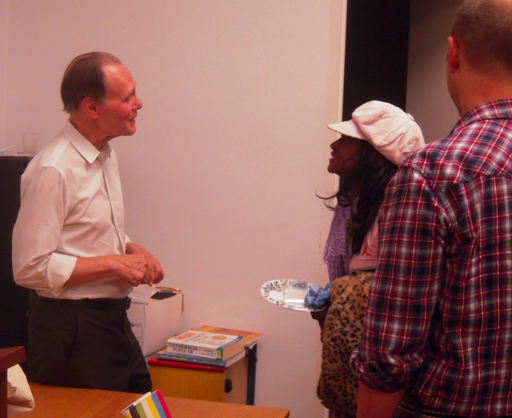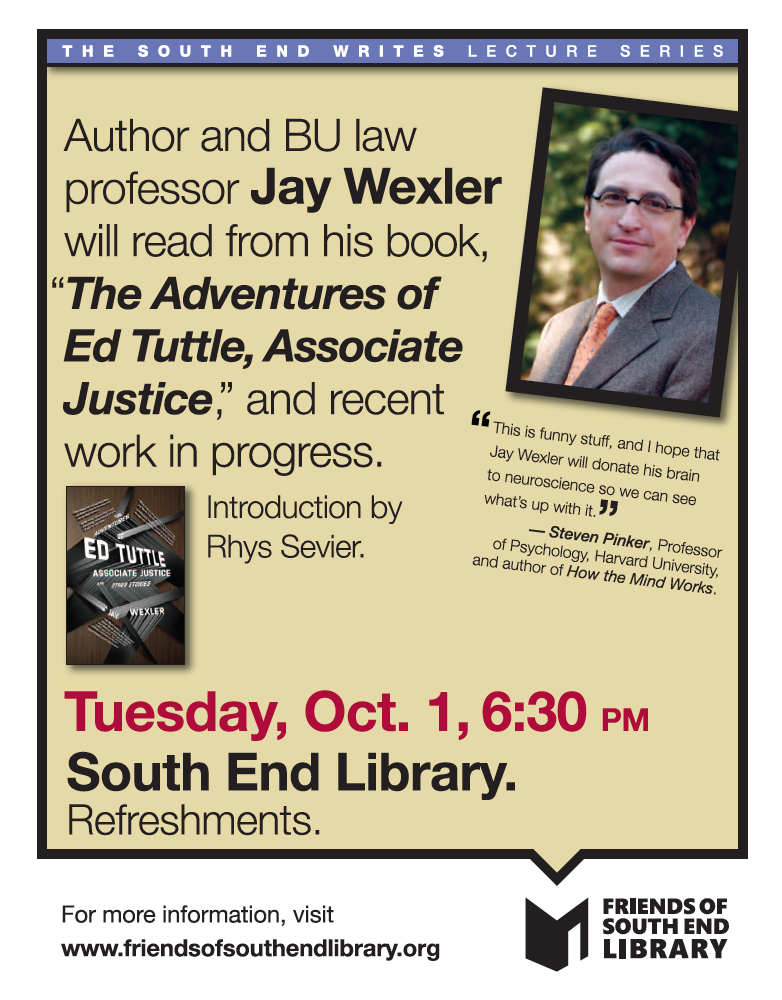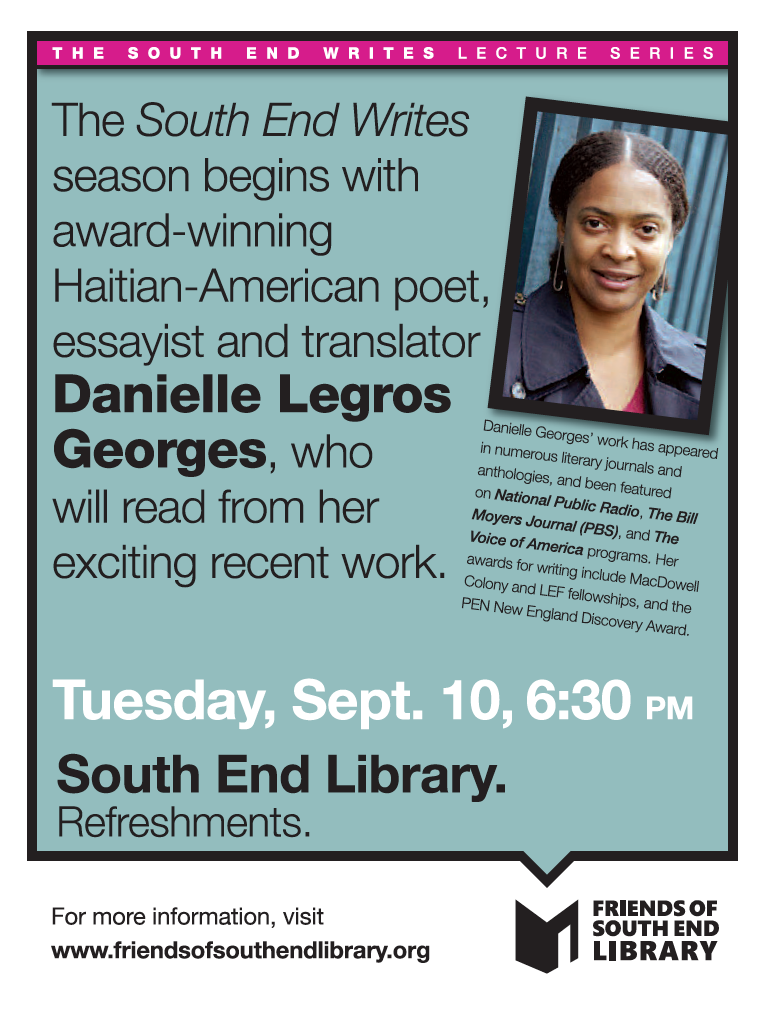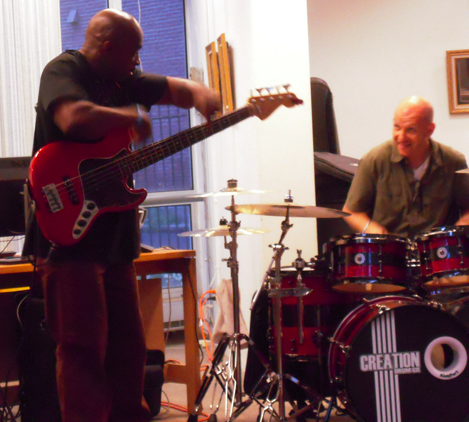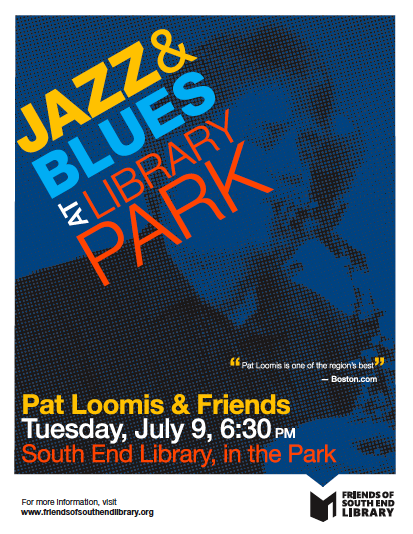WALSH: The Boston Public Library is a cornerstone of my vision for the future of Boston, in the sense that it represents access, information, and the potential for lifelong learning and community building. The library represents the best of Boston’s history and its recognition of the value of education at all levels. I would support expanded hours to ensure that more people can use the library at their convenience. I also believe that this will allow the library to consider flex-time for its staff, which I believe will support a workforce that needs flexibility for child care and other needs. I would take into account public surveys and the library’s own statistics about use to ensure that staff and other resources are allocated to best use.
CONNOLLY: While I recognize that we have to manage our resources carefully, I would love to see libraries open seven days a week. I think the key is for libraries to be centers of learning and community that are well connected to other institutions so that we can ensure their vitality for generations to come. Today, when a smartphone can put a world of information at our fingertips in a way that would have been unimaginable even a few years ago, it's vital that we re-imagine the role of our libraries. With all of that readily available information comes a powerful opportunity for libraries to help people make sense of it. Libraries can be places where people not only consume content, but create it; where people not only gain knowledge, but apply it. I see libraries as community institutions of the utmost importance. I want to have a community learning model in every neighborhood, where we're connecting our libraries with our schools and community centers. I know that one of the principles outlined in Compass, the BPL’s 2012 strategic plan, calls for libraries to be centers of knowledge through enhanced collaboration with schools, institutions, and the private sector, and I think that’s how we need to think about the future of libraries. My vision is that libraries thrive through connections to other institutions.
*****
LIBRARY GOVERNANCE: there are no required standards of professional library expertise or library advocacy to be appointed to the nine-member BPL board of trustees. There are no term limits. There is no requirement to show up at public meetings (and some trustees seldom do). There is no public vetting process for library trustees, nor a public confirmation process to make sure the public gets the best library advocates possible to meet the library’s needs. Board seats do not reflect specific library interests, either, as is the case elsewhere: for example, the interests of branch libraries differ from those of the Copley Library; young adults have different needs than seniors; book acquisition specialists have different concerns than book or art conservators. As mayor, would you set standards for library trustees and their performance, and consider appointing those who would be qualified advocates for specific library and neighborhood concerns?
WALSH: I would strongly support a revision of standards for the BPL Board of Trustees. Accountability and transparency are key in all areas of policy for my administration. Just as I intend to seek the most highly qualified Superintendent of Schools and Chief of Police, I feel that every city department should be guided and led by people who have experience in the field, are aware of best practices, and have a vision of how to improve and support the departments they are in charge of.
CONNOLLY: I want diverse trustees who represent the whole city, who believe passionately in the future of the BPL, and who are committed to fulfilling their trustee role to the best of their ability. I will work with you to make sure we have a process for identifying and selecting the best candidates we can find.
*****
LIBRARY CAPITAL IMPROVEMENTS: Which local libraries get renovated, or where new ones are built, is governed by mysterious forces. There is no transparent long-term capital plan, nor is a specific public process in place, by which libraries are upgraded equitably, or new ones built where needed, or handicapped-accessibility ensured. As mayor, will you institute a transparent and fair capital plan to upgrade all BPL libraries equitably where needed, or build new ones, as part of a public process?
WALSH: The foundation of a Walsh Administration will be ethics and transparency, including financial disclosure. Just as many schools are in need of capital improvement, the library branches in our neighborhoods, which support after-school learning and programming, need to be maintained at the highest standards with access to up-to-date technology, and safe and healthy buildings. Long-term capital improvements in both areas are critical needs, and ones that we would address as part of a comprehensive review of city property.
CONNOLLY: A capital plan for the libraries, developed with community engagement, would help us to prioritize the most critical projects and ensure that all neighborhoods have access to high quality facilities. In general, careful community planning should play a greater role in the future of our city. For example, I have long advocated for a comprehensive facilities plan for the Boston Public Schools.
*****
BUILDING NEW LIBRARIES: Downtown Crossing is increasing its residential footprint. It is also a transportation hub where many young adults from all over the city hang out with little to do. As such, they can become easy targets for unfair and unnecessary criminalization by law enforcement. Nearby Chinatown, moreover, lost its library decades ago. As mayor, would you consider building an architecturally exciting downtown library with an outstanding young-adult department and a strong Asian profile that also replaces the long-lost Chinatown branch?
WALSH: Yes. A revitalized downtown area is where we see the most potential for growth as people return to living in the city in the next decades. Providing the kinds of resources which support families and empty-nesters who live here would definitely include library services. In addition, Marty feels that each library branch has the possibility of reflecting the richness of its neighborhood and its cultural diversity. The Walsh Administration will support and support all Bostonians.
CONNOLLY: I have long supported a new library for Chinatown, and as mayor I will work to get one built. In the meantime, however, we need a solution that helps meet the community’s immediate needs. I support funding a fulltime librarian to keep a reading room open in Chinatown until a permanent downtown library can be opened.
*****
THE BPL FOUNDATION: the BPL fundraising arm was created to repair the McKim building almost two decades ago, and will target its future campaign on the long-overdue Johnson Building renovation. It does not focus on branch libraries, however, or their local Friends groups’ capital-improvement issues. But branches could use the Foundation’s help. The East Boston library, for example, has14 iconic WPA paintings that will cost $150,000 to restore before they can be installed in the new East Boston library. Their tiny Friends group is left on its own to raise the funds for it.As mayor, would you direct the BPL Foundation to expand its mission and assist local Friends groups who want to preserve cultural and historic landmarks of importance to their neighborhood libraries?
WALSH: Yes. The Boston Public Library is comprised of many parts, and its neighborhood branches are a key component of library services. Just as I intend to bring municipal services to “little city halls” throughout Boston’s neighborhoods, library services are not confined to the main branch at Copley. The Library and the City should be proud that the first branch library in the country was opened in East Boston in 1870, and we are about to open a new branch in that neighborhood. Many of the branch buildings have architectural or historical significance, and should be restored. Others are in need of considerable repair and should be upgraded or replaced. The BPL Foundation should leverage support for the library to be part of this vision of the Library’s future, and I would direct them to do so.
CONNOLLY: It is critically important to support our neighborhood libraries, so this proposal make sense to me. But in order not to turn this into a zerosum game, as mayor I will reach out to private and philanthropic partners to ask for their support in expanding the resources available to the Foundation.
*****
LIBRARY TRUST FUNDS: these are meant to enrich the public library beyond capital and operational allocations from the city’s General Fund, not to substitute for it. But in the case of the disputed Kirstein Business branch closing in 2009, two Kirstein trust funds that paid for the maintenance of that building and its collection, are now used to offset operational expenses at the Copley Library. How? Trustees approved moving the business collection out of the Kirstein’s own beautiful building and into the dank basement of the Copley Library. The emptied Kirstein library building, located on prime real estate downtown, moreover, is used by the city for office space, at no obvious benefit to the BPL. As mayor, how will you ensure that library trust funds are used for library enrichment only, not to offset operational or General Fund expenses?
WALSH: Generous individuals who wish to support the library should feel confident that their legacy will be safely and respectfully administered by the library. While it is possible that original intentions can become no longer viable, all efforts should be exhausted prior to breaking a trust. I feel that if Library Trustees have been carefully vetted and the process is public and transparent, there would be much less likelihood of such a process being a cause for misunderstanding and anger. Further, the Library should consider social entrepreneurship and increased fundraising efforts to offset the decrease in state and federal funding that many non-profit organizations are facing in the current fiscal climate. As Mayor, I intend to review all city property and resources to ensure the best allocation of resources throughout all the departments.
CONNOLLY: The closing of the Kirstein branch was a real disappointment for many residents who visited the library regularly. It’s important that we do our very best to honor the wishes of the trusts’ donors. Through sound budgeting and efficient management, we have got to make sure we have adequate funding for the BPL’s operations.
*****
STABILIZING LIBRARY FUNDING:Between 2008 and 2010 no one from the BPL or the city advocated for Boston’s library funding at the Legislature, so state funding declined. Trustees, moreover, who are appointed exclusively by the mayor, tend to not oppose mayoral proposals to cut the library budget, or fight for library budget increases, adding to the financial decline of the BPL. Would you support a dedicated tax for public libraries as part of the property tax, or come up with another fiscal instrument, to ensure a long-term strategy to stabilize and expand the BPL budget to meet the exponential growth in demand for library services and community space?
WALSH: Before considering additional taxes for the library, I would like to review the current budget of the library and ensure that it is operating in a fiscally responsible manner. Since ensuring a high quality education is key to my administration, I would not foresee considering cuts to library services. Just as I have pledged to provide universal pre-K education to all 4 year olds, I intend to make sure that libraries are open and available in all the neighborhoods to support this. While it is valuable to have lobbying services for the library, the people of Boston are the most powerful lobbyists themselves. When there was the threat of cuts to the library, they made their voices heard. I stood firm in the legislature to support the neighborhood branches, and I would do so even more firmly as Mayor. I would look forward to working with Library Administration and the Trustees to ensure a healthy and long-term plan for the expansion and success of the entire BPL system.
CONNOLLY: If we re-envision libraries as centers of knowledge and community linked to schools, colleges, and other institutions in our neighborhoods, then I believe we can ensure a strong future for the BPL. Recognizing that there are many important priorities competing for taxpayer dollars, I am committed to working with you on strategies for ensuring that libraries have adequate, stable, long-term funding in place.


